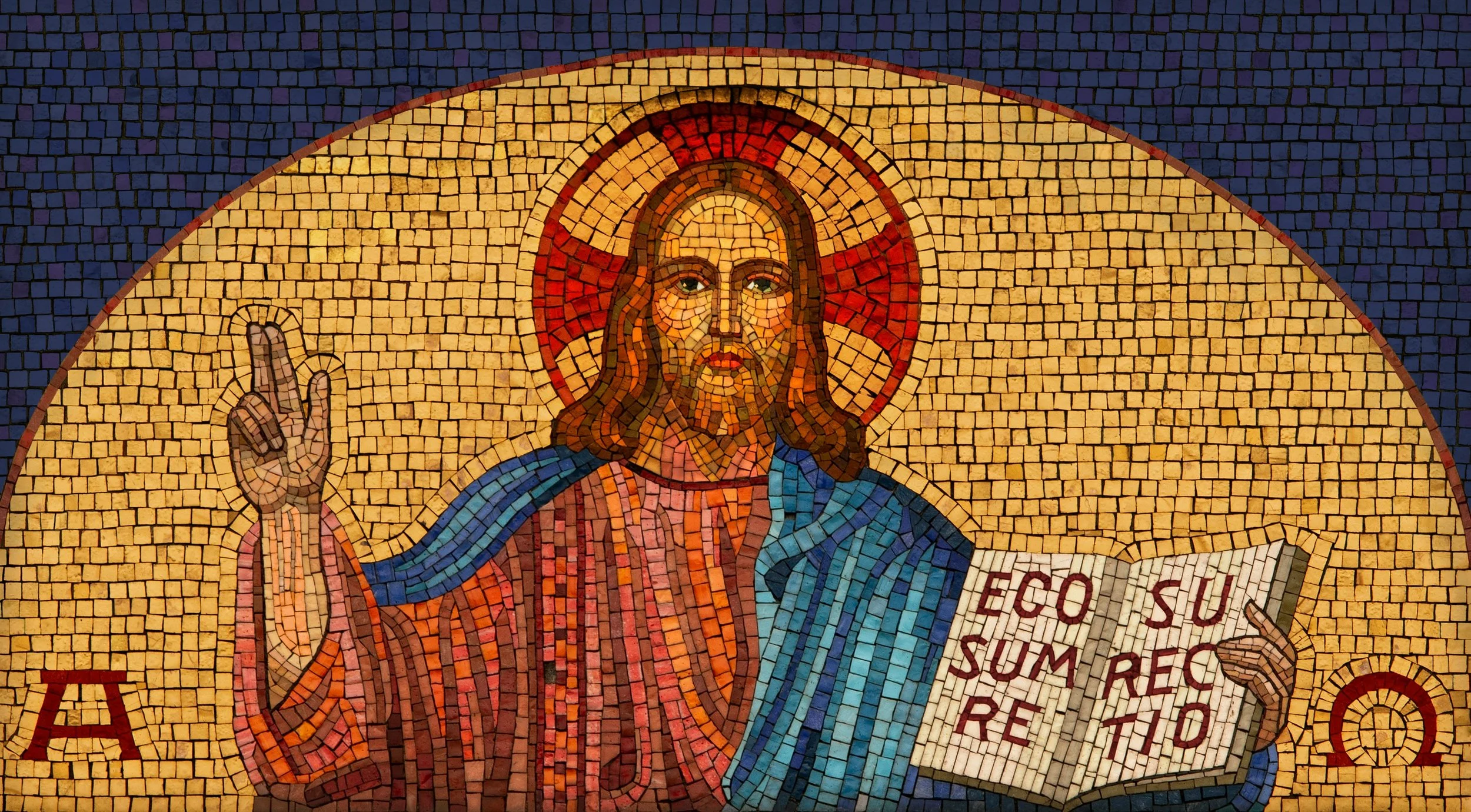Divine Revelation and Formation
An understanding of Divine Revelation as God's self-communication is fundamental for forming Catholic lay leaders. It provides a foundation for their faith, empowers them for evangelisation, integrates Scripture and Tradition in their understanding, fosters spiritual growth, and equips them to respond to contemporary challenges.
Divine Revelation is God's active and ongoing communication with humanity, a relational engagement, an invitation into a personal relationship with Him. This revelation finds its fullness in Jesus Christ, the ultimate expression of God's Word.
Within Divine Revelation, Sacred Scripture and Sacred Tradition hold vital roles. God communicates with us in and through these two sources which are inseparable, forming the foundation of faith and guiding believers towards a deeper understanding of divine truths.
Jesus Christ stands at the center of Divine Revelation as both mediator and fullness. He is the ultimate revelation of God. This emphasises the relational aspect of Revelation, inviting believers to engage deeply with the person of Jesus.
Understanding Divine Revelation as God's self-communication is crucial for forming Catholic lay leaders for several reasons:
Foundation of Faith: It provides a solid foundation for their faith, fostering a personal relationship with God through active engagement with Scripture and Tradition. This personal connection with the divine is essential for any leader guiding others in their spiritual journeys.
Empowerment for Evangelisation: It equips lay leaders with the knowledge and confidence to share the Gospel message effectively. By understanding God's self-communication, they can articulate the truths of faith and witness to Christ in their communities and beyond.
Integration of Scripture and Tradition: It emphasises the inseparable nature of Scripture and Tradition. Lay leaders must be well-versed in both, requiring ongoing education and formation. This knowledge enables them to provide sound guidance and foster a community grounded in faith, capable of facing contemporary challenges with a solid theological foundation.
Spiritual Growth and Leadership: Engaging with Divine Revelation fosters spiritual growth in lay leaders. Through prayerful reflection on God's Word, they deepen their relationship with Christ, cultivating virtues like humility, compassion, and service – essential qualities for effective leadership.
Response to Contemporary Issues: It enables lay leaders to address contemporary issues with a well-formed conscience. As they grow in their understanding of the truths of the faith, they better discern how to apply them to modern challenges, fostering a community that is both faithful and responsive to the needs of society. This adaptability is crucial for effective leadership in a diverse and evolving world.

